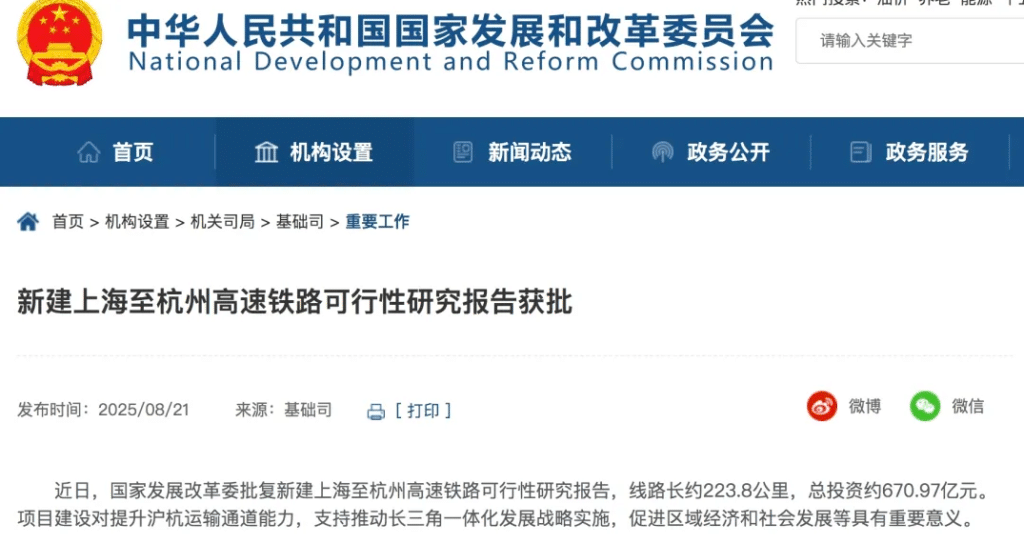A seemingly unremarkable county in China has recently demonstrated just how critical it is to the global industrial supply chain. A one-month shutdown of a magnesium factory in Fugu County, Shaanxi Province, caused significant production disruptions in Western countries. But why does a single factory wield so much influence over global manufacturing?
The Strategic Importance of Magnesium
Magnesium is a lightweight, strong, and corrosion-resistant metal used extensively in automotive, electric vehicle, aerospace, defense, electronics, and medical industries.
- In automobiles, magnesium alloys are used in car frames and battery casings to reduce weight and improve electric vehicle range.
- In aerospace and defense, magnesium alloys help reduce aircraft weight and fuel consumption. For the U.S. Department of Defense, magnesium is a strategic material, critical in missiles, satellites, and high-tech equipment.
Its unique properties make magnesium indispensable, yet it is also a bottleneck resource for global industries.

Fugu County: The Magnesium Hub
While magnesium ores are globally distributed, only a few regions can produce magnesium at scale and efficiency. China dominates global supply, with Fugu County at the center.
- Fugu produces roughly half of China’s magnesium.
- Globally, two-thirds of magnesium come from Fugu.
- 100% of U.S. magnesium imports rely on foreign sources, 75% from China, while 95% of EU magnesium imports also come from China.
Fugu alone accounts for over 40% of Europe’s magnesium imports, making Western countries highly vulnerable to supply fluctuations.
Unique Production Model
Fugu’s success stems from an innovative coal-to-magnesium production chain:
- The region has 23 billion tons of high-quality coal underground.
- Waste gases from coke production are used to smelt magnesium, creating a low-cost, low-emission cycle.
- Compared with traditional methods, this process saves about 5 tons of coal per ton of magnesium while significantly reducing carbon emissions.
This model is nearly impossible to replicate elsewhere. Other countries either lack abundant coal resources or face high energy costs, limiting competitiveness.

Western Vulnerability
Western magnesium production has largely lost competitiveness:
- Europe: Production nearly halted; Romania plans to reopen mines but will need $1 billion and only achieve 90,000 tons per year by 2027, insufficient for EU demand.
- United States: Efforts to restart production are slow due to high energy costs and technological limitations.
In 2021, a one-month production pause in Fugu due to energy regulations triggered a global magnesium supply crisis.
- European automotive associations warned of potential factory shutdowns and worker layoffs.
- Audi, BMW, and Volkswagen projected significant production cuts: each missing one ton of magnesium reduces car output by dozens of units.
- Magnesium prices soared over 400%, from 14,000 yuan/ton to 70,000 yuan/ton, threatening both European and American manufacturing.
Upgrading the Magnesium Industry
Fugu has moved beyond raw magnesium ingots to high-value products, including:
- Magnesium alloys for automotive wheels and hydrogen storage
- Medical magnesium alloys
- Smart safety systems and environmental upgrades
Through a 4.5 billion yuan environmental investment and 1.5 billion yuan for intelligent systems, Fugu has increased production efficiency from 68% to 95%, solidifying its global dominance.

Future Demand
With the rise of electric vehicles, drones, and low-altitude aviation, magnesium demand is expected to grow rapidly. By 2030, the EV sector alone may require millions of tons, positioning Fugu as a critical global supplier.
Fugu’s magnesium industry is not just a Chinese asset; it is a strategic hub for global industrial supply chains, highlighting the fragility of globalization when essential resources are concentrated in a single region.
Sources:
- Upstream News, Dec 23, 2024 — “Fugu Continues to Shine in the Magnesium Industry”
- The Paper, Mar 12, 2025 — “Fugu Produces Over Half of China’s Magnesium in 2024”
- Upstream News, Jul 31, 2025 — “Three Magnesium Smelting Standards Led by Fugu Approved”



